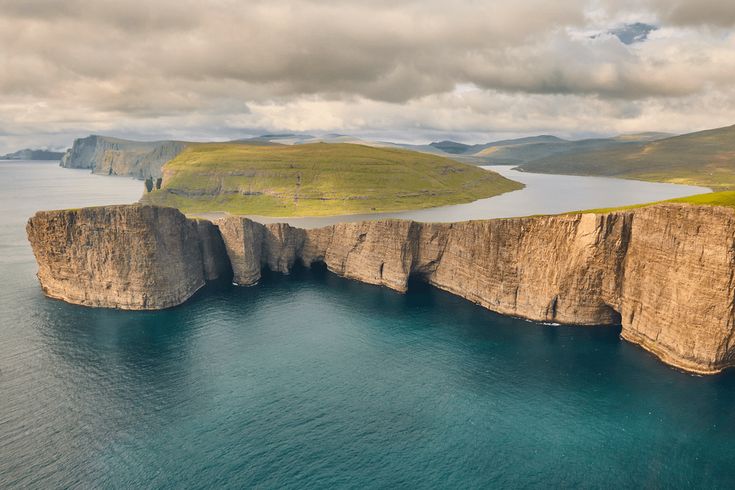
The Sea Around Us
Share
There’s something powerful about the sea that goes beyond its vastness, beyond the echo of the waves or the salty wind. It’s a call, a deep longing that connects us to something mysterious, mystical—a distant past when the ocean was not just a horizon but a home. Perhaps that's why, even from the shore, we feel it belongs to us—or maybe that we belong to it.
Rachel Carson explains it with brutal clarity: humanity, so intent on conquering the world, remains a stranger to the sea. We explore it, measure it, study it, but never possess it. In the water, we’re acutely aware of how small we are. Vulnerable. Yet somehow whole. Because the sea is not just a landscape—it’s a refuge, a mirror, and a challenge. A constant reminder that we are both history and future, shore and depth. Eternity. Without needing to be understood. It just is—felt when near the sea.
My jewelry is born from that connection. It doesn’t seek to imitate the ocean but to evoke what it awakens: the connection, the desire to explore, to return to what matters, to listen to the whisper of a tide that speaks of courage and calm. They are fragments of that oceanic call, of that primal bond that drives us to go beyond and, at the same time, to stay.
The sea doesn’t just surround us. It lives within us.
Here’s a text from Rachel Carson, from her book The Sea Around Us. She writes with remarkable clarity and precision. Enjoy.
"And man, too, has yearned toward the sea with an inexplicable longing, as if remembering in his blood the time when it was his home. Standing on its shores, he looks out over the ocean with mingled admiration and curiosity and unconsciously perhaps, with a sense of recognition. Physically he is unable to re-enter the ocean realm as seals and whales have done, but through the long generations of his earthbound history he has reached out with all the ingenuity of his mind and spirit to explore and investigate even its remotest parts, to penetrate it with his understanding.
He built ships to venture across its surface. Later, he found ways to descend into the shallow parts of its depths, carrying with him the air he needed to breathe as a land mammal, long since uprooted from ancient aquatic beginnings. Enchanted by the deep ocean into which he could not penetrate, he devised ways of measuring its depths, cast nets to capture its strange inhabitants, and invented mechanical eyes and ears to bring before his senses a lost world that in the deepest subconscious part of his mind he had never wholly forgotten.
And yet he has returned to his oceanic cradle only on its own terms. He cannot control or change the sea as he has done with the land during his brief possession of it—conquering and exploiting its continents. In the artificial world of his cities, he often forgets the true nature of the planet and the vast perspectives of its history, in which the existence of man is only a brief moment.
The sense of all these things comes more clearly during a long ocean voyage, when he sees day after day the horizon traced against the sky, rippled and furrowed by the restless, never-ending movement of the waves; when at night he becomes aware of the earth’s rotation as the stars wheel overhead; or when, alone in a world of water and sky, he feels the loneliness of the earth in space. And then, more than ever on solid ground, he understands the truth that his world is a water world—an ocean planet dominated by the immense sea that envelops it, in which the continents are only transiently emergent portions of the earth’s crust."

